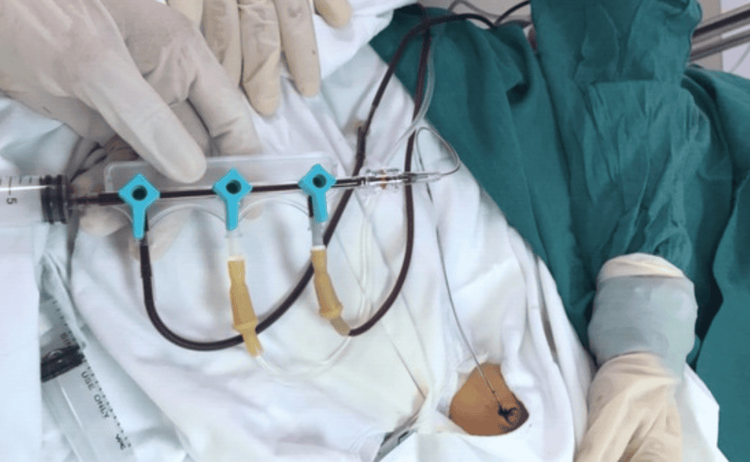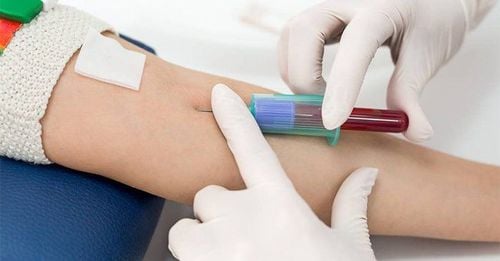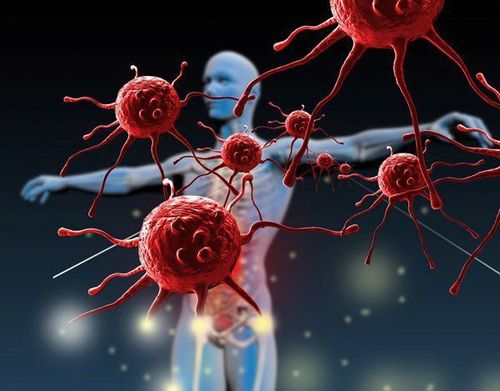This is an automatically translated article.
The article was professionally consulted by Specialist Doctor I Nguyen Thi My Linh - Neonatologist - Pediatrics - Neonatology - Vinmec Danang International General HospitalHyperkalemia is common in preterm infants, with conditions related to kidney disease, adrenal gland disease. Neonates with hyperkalemia often present with general signs of fatigue, lethargy, abortion, nausea, arrhythmia, decreased or increased heart rate, generalized edema, and signs of shock.
1. What is neonatal hyperkalemia?
Hyperkalemia is a higher than normal level of potassium in the blood. Potassium is a major cation in cellular electrolytes, facilitating contraction of skeletal and smooth muscle, including cardiac muscle.Normal blood potassium level is 3.5-5 mmol/l. Hyperkalemia when potassium > 5 mmol/l. Once the blood potassium level is higher than 6.6 mmol/l, it should be treated immediately due to the risk of cardiac arrhythmias and possibly death.
Causes of neonatal hyperkalemia may be:
Oversupply: Due to oral or intravenous potassium supplements, salt substitutes, parenteral nutrition, medications containing potassium salts, blood transfusion,... Rapidly increased potassium intake, such as blood exchange, tissue necrosis. Children with acute or chronic renal failure, including acute tubular necrosis, chronic pyelonephritis, lupus nephritis, diabetic nephropathy, AIDS, obstructive uropathy, renal replacement,... reduction in potassium excretion. Due to insulin deficiency, hematoma reabsorption, gastrointestinal bleeding, mesenteric infarction, increased catabolism, malignant hyperthermia, periodic paralysis due to hyperkalemia. Mineralocorticoid deficiency: Due to Addison's disease, bilateral adrenalectomy, hypoaldosteronism due to hypo or hyperreninemia, hereditary adrenal hyperplasia. Due to drugs: Non-steroidal anti-inflammatory drugs, succinylcholine,...

2. Signs to recognize hyperkalemia in newborns
Hyperkalemia is common in preterm infants, with conditions related to kidney disease, adrenal gland disease. Signs to recognize when a child has hyperkalemia include:
The whole body is tired, lethargic, refuses to breastfeed, nausea. Arrhythmia, decrease or increase in heart rate. Whole body edema, signs of shock. Elevated blood potassium levels have electrocardiographic changes: high sharp T wave, prolonged PR interval, flat P wave, wide QRS complex, sine wave, ventricular flutter, ventricular fibrillation.
3. Treatment of neonatal hyperkalemia

Please dial HOTLINE for more information or register for an appointment HERE. Download MyVinmec app to make appointments faster and to manage your bookings easily.














